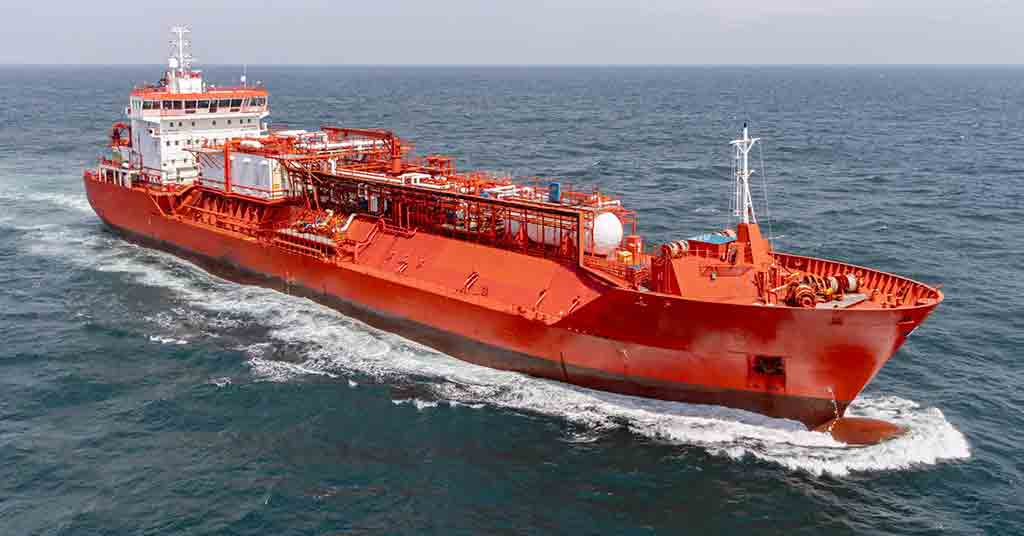Welcome To ChemAnalyst

On January 1, German utility RWE fulfilled its agreement by transferring the floating liquefied natural gas (LNG) infrastructure at Brunsbuettel, located on the North Sea, to the state-owned Deutsche Energy Terminal (DET). This handover marked the culmination of the arrangement made ten months ago when the first LNG imports arrived.
With this transition, DET has assumed the role of the sole operational manager for the Brunsbuettel Elbehafen LNG project, taking charge of infrastructure operations and actively marketing the project's capacity.
Germany's strategic efforts to augment LNG capacity for regasification along its shores have gained momentum. This initiative is driven by the nation's desire to reduce dependence on Russian pipeline gas, a reliance that was significantly impacted following Moscow's invasion of Ukraine last year. In the absence of fixed terminals, Germany has turned to floating storage and regasification terminals (FSRUs) to compensate for the decline in piped Russian gas supplies.
Currently, three FSRUs are in operation at key ports: Wilhelmshaven, Brunsbuettel, and Lubmin. Germany has orchestrated the chartering and onshore connections for these floating terminals, strategically positioning them to facilitate the substitution of Russian gas. The utilization of FSRUs serves as an interim solution until fixed terminals are established.
Further expansions are planned, with Wilhelmshaven, Stade, and Mukran (located on the Baltic Sea island of Ruegen and set to be connected with Lubmin on the mainland) slated to incorporate additional FSRUs in the winter of 2023/24. This phased approach aligns with Germany's commitment to diversifying its energy sources and enhancing energy security.
Anticipating an increased demand for hydrogen at these sites, both the industry and the government are actively bolstering terminal capacity. Hydrogen, when produced using renewable energy sources, plays a crucial role in the transition towards a lower carbon economy.
State-owned DET has been at the forefront of these developments, conducting auctions for regas capacities in 2024 at key locations such as Brunsbuettel and Wilhelmshaven. The auctions, held in November and December, addressed specific rounds for Stade and Wilhelmshaven 1 and 2, respectively. These auctions represent a proactive approach to allocate regasification capacities, aligning with the broader national strategy to diversify energy sources and promote sustainability.
As Germany navigates the evolving landscape of its energy infrastructure, the shift towards LNG, coupled with preparations for hydrogen integration, underscores the nation's commitment to fostering a resilient and sustainable energy ecosystem. The ongoing developments in LNG infrastructure and regasification capacities mark crucial milestones in this transformative journey, positioning Germany for a more diversified and secure energy future.
We use cookies to deliver the best possible experience on our website. To learn more, visit our Privacy Policy. By continuing to use this site or by closing this box, you consent to our use of cookies. More info.
